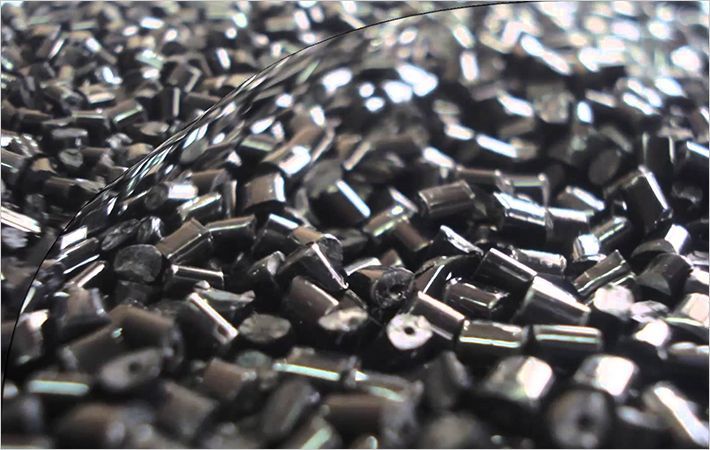Lenzing presents an environmental innovation – Lenzing Modal® Edelweiss – a new fiber produced by an innovative, eco-friendly manufacturing technology. Lenzing will introduce the new fiber at the fall trade shows.
The Lenzing group has always set the technological and environmental standards in the cellulose fiber world. To maintain its reputation as the industry's Best Practices model, enormous investments in the environment are required. Lenzing's aspirations have led to the company's latest achievement: Edelweiss technology. This technology combined with environmental advantages, such as carbon-neutrality, a low need for land and a replenishable raw material of natural origins, makes Lenzing Modal® Edelweiss truly an ecological fiber.Lenzing presents an environmental innovation – Lenzing Modal® Edelweiss – a new fiber produced by an innovative, eco-friendly manufacturing technology. Lenzing will introduce the new fiber at the #
Austrian environmental technology
Lenzing Modal® Edelweiss performs identically to the conventional Lenzing Modal® fiber. The fiber properties, softness and color brilliance, remain intact. Even the processing in the textile supply chain is the same. Andreas Dorner of Lenzing explains why Edelweiss is so unique. “The fiber manufacturing plant in Lenzing Austria is the only one in the world which is fully integrated and has all of the production steps, from the pulp to the fiber, perfectly under control. Throughout the entire process, attention can be paid to environmental protection. The Edelweiss technology is based on a chemical process derived from oxygen which is more eco-friendly than previous ones. Thus Lenzing Modal® Edelweiss is the only Modal fiber which satisfies the highest possible environmental standards. ”Initially only selected quantities will be produced for customers with special ecological requirements.”
Austrian beech wood as the raw material supplier
Lenzing Modal® is extracted from beech wood. The beech tree is unique and has a long history. Beech forests thrive in Northern and Central Europe and shape the landscapes of these regions. The tree is thought to improve the earth since it is a deep-rooting plant and conditions the soil. Beech trees propagate by “rejuvenation” hence there is no need for reforestation or replanting of plantations. Forests grow on marginal land and yield a high cellulose harvest without irrigation, fertilizers or pesticides.
More than half of the wood used at Lenzing comes from Austria and the remainder from neighboring countries. Only beech wood from forests managed in compliance with sustainable forestry legislation is used. This means that the biocoenosis of the forest is upheld and it continues to function as a protective shield against natural dangers, a drinking water reservoir, a recreational spot, and natural habitat for animals and plants.
CO2-neutral fiber thanks to technology from Lenzing
Constantly improving the process integration potential and implementing innovative techniques to further reduce environmental impact have resulted in Lenzing's pulp factory being a net positive energy producer. The Lenzing pulp factory does not require any additional energy and in fact supplies energy to the entire Lenzing site. Thus Lenzing is a pioneer in the field of wood-organic refineries. These carbon-neutral thermal processing techniques were developed by Lenzing engineers and are unique to Lenzing.
Lenzing

